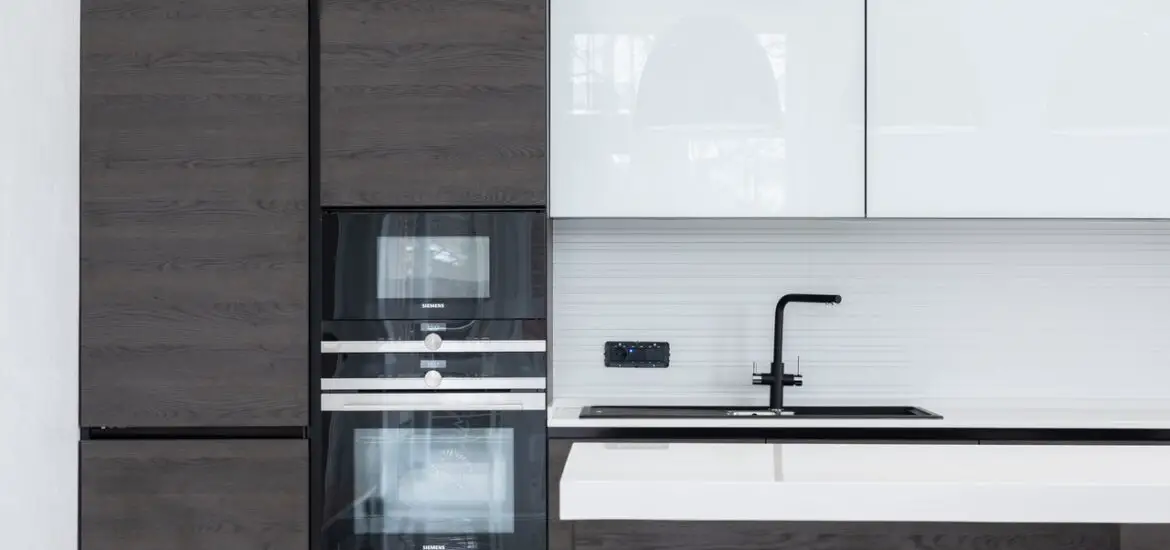If you are wondering how a refrigerator compressor works, this article is a detailed explanation of the process.

Table of Contents
How Does a Refrigerator Compressor Work?
The refrigerant is the gas that cools the refrigerator, but it goes through a process before it reaches the endpoint. First, the gas goes through the evaporator coils down to the compressor. But as the gas flows, its pressure rises.
Then, the gas flows down to the condenser coils from the compressor, where it changes to a liquid. During the condensation process, the liquid emits heat. That is why the coils become hot and need to be clean to be able to dissipate the heat.
When the liquefied refrigerant gets to the valve from the condenser coils, the pressure drops. Then, the liquefied gas flows back to the cooling coils from the valve. And as it flows, it pulls heat from the environment. The heat turns the liquid refrigerant into vapor, and it flows to the refrigerator’s compressor.
How a Refrigerator Compressor Works
How the compressor will function from this point will be determined by the type of compressor:
1. Rotary Screw Compressor
This type of compressor works best in industrial refrigerators because it employs helical screw rotors when compressing huge amounts of refrigerant.
2. Piston Compressor
It uses a piston when compressing refrigerant. The motion of the piston moves back and forth in order to compress the gas and get it flowing in the refrigerator.
3. Turbo Compressor
Rotating impellers in the compressor compress the refrigerant through the use of kinetic energy. The impellers push the refrigerant through a vane, and the higher the impellers rotate, the more the pressure.
4. Rotary Vane Compressor
The compressor goes through five steps for the refrigeration process. They are: start the process, suction the refrigerant, compress it, discharge it into the system, and end the process. The rotary vane compressor works best in home refrigerators.
Basically, the compressor works by increasing the pressure and temperature of the refrigerant while it is a vapor. The pressure and temperature rise so high that the refrigerant can become condensed. In this form, it can reject the heat generated through the process and successfully condense.
Check out these other articles…
Refrigerator Compressor Is Hot [Solutions]
Refrigerator Compressor Leaking [How to Fix]
Refrigerator Compressor Burning Smell [Solutions]
Refrigerator Compressor Explosion [Critical Info]
Refrigerator Compressor Cycles [Issues Solved]
Get Instant Help — Ask An Experienced Verified Appliance Technician
Need expert help? Click here to use the chat box on this page to speak with a verified appliance technician right away. No need for expensive in-home service calls. No appointments. No waiting.